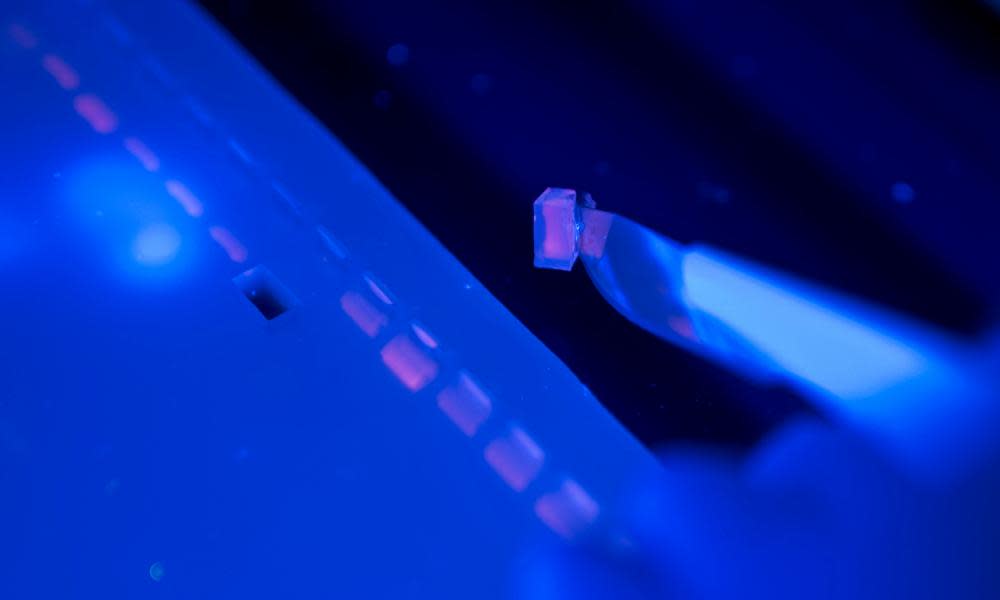Gene edited crops should be exempted from GM food laws, says EU lawyer

Gene editing technologies should be largely exempted from EU laws on GM food, although individual states can regulate them if they choose, the European court’s advocate general has said.
The opinion may have far-reaching consequences for new breeding techniques that can remove specific parts of a plant’s genetic code and foster herbicide-resistant traits.
Hundreds of millions of dollars have been invested in the technology, which could be subject to labelling, authorisation and safety checks, if the court decides it falls under the EU’s GM legislation later this year.
But in a complex preliminary opinion, Michal Bobek advised that “organisms obtained by mutagenesis” should not be seen as genetically modified, unless they contained recombinant nucleic acid molecules or other GM organisms.
Biotech industries argue that gene editing-type alterations could occur naturally through evolution, but critics counter that they involve genetic mutations that are lab-based and artificial by definition.
Dr Michael Antoniou, the head of the molecular genetics department at King’s College London, said exempting new plant-breeding technologies from GM laws was “wrong and potentially dangerous”.
“None of these gene editing methods are perfect,” he told the Guardian. “They have ‘off target’ effects that can inadvertently disturb the biochemistry of organisms leading to unintended outcomes which – if you’re making a new gene edited food crop, for example – could result in the unexpected production of a new toxin or allergenic substance.
Friends of the Earth Europe called for the European court of justice “to not uphold today’s opinion, and instead make sure that all new genetically modified foods and crops are properly regulated.”
The European commission is waiting for clarification from the courts before deciding whether new legislation – or an update of existing laws – could be needed for the new technology.
EuropaBio, which represents the largest and most influential biotech industry groups in the EU, gave the court’s opinion a cautious thumbs up.
John Brennan, EuropaBio’s secretary-general said: “The advocate general’s opinion demonstrates that necessary steps are being taken towards clarifying the regulatory status of products that have been developed using the latest biotechnological tools and applications. We trust that the forthcoming ruling will contribute to establishing regulatory clarity.”
The court was originally asked for its opinion by France in 2016 after a coalition of farmers and environmental groups had called for herbicide-tolerant crops resulting from new breeding techniques to be treated as GM products.

 Yahoo News
Yahoo News 
